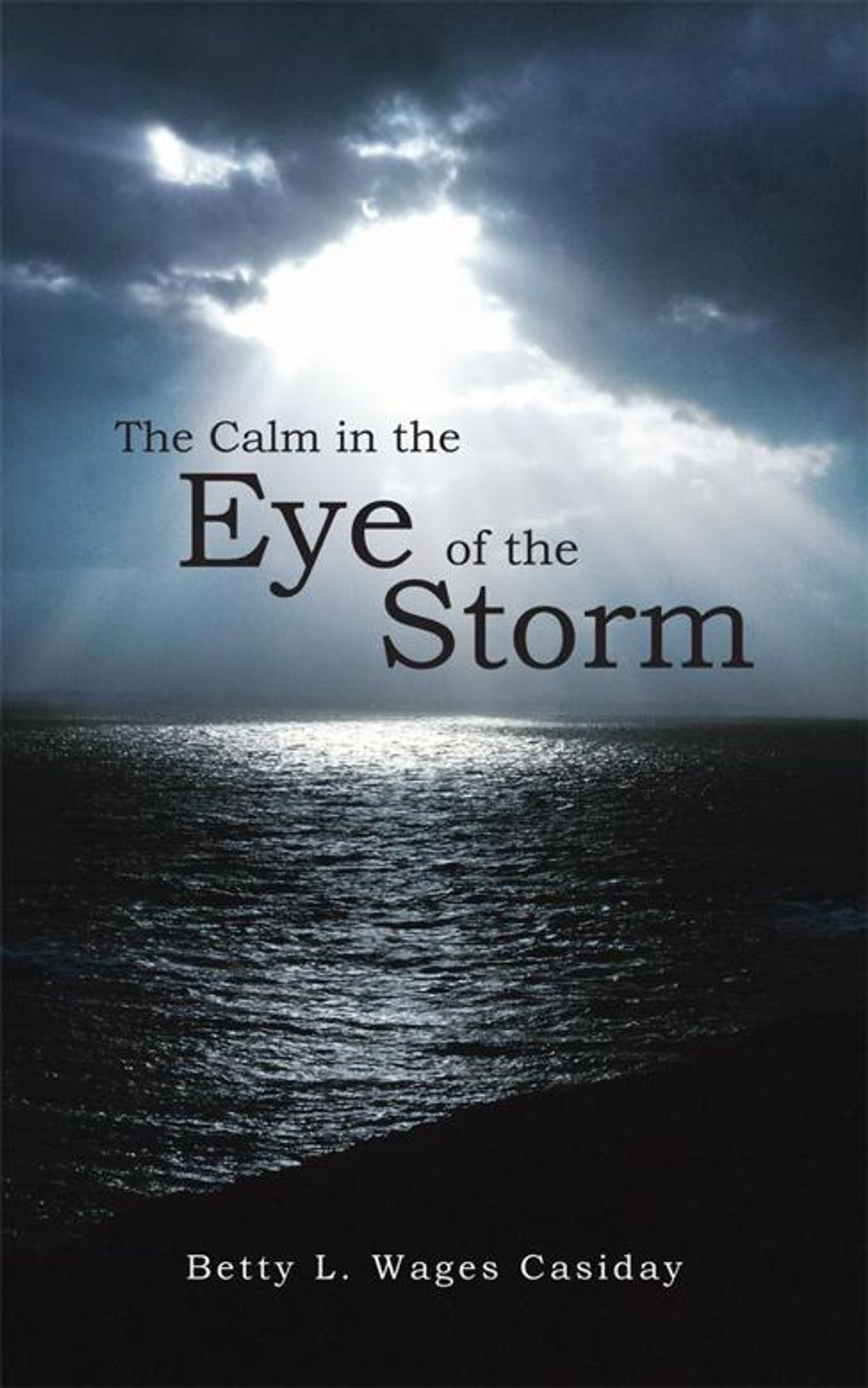The National Hockey League is a crucible, demanding not only elite physical prowess but also an unwavering mental fortitude. For captains, this mental game intensifies, requiring them to be the steady hand that steers the ship through choppy waters. Quinn Hughes, the exceptionally talented defenceman and captain of the Vancouver Canucks, finds himself precisely in such a position. As the echoes of a challenging offseason fade, Hughes is once again at the epicenter of discussion, not just for his on-ice brilliance, but for his seemingly serene approach to a future shrouded in both team expectations and personal contractual questions.
The Demands of Command: Handling the “Noise”
The cacophony surrounding a star athlete in a major hockey market can be relentless. From the piercing analysis of every shift to the speculative whispers of contract negotiations, it`s a perpetual hum that, for some, proves debilitating. Yet, for Quinn Hughes, this “noise” appears to be merely background static, a persistent but ultimately ignorable soundtrack to his singular pursuit: excellence on the ice. His recent declarations signal a focused pragmatism, a clear intent to remain “present” in an environment that often demands foresight and retrospective analysis simultaneously.
The Aftermath of a Tumultuous Winter
The Vancouver Canucks` previous season was, to put it mildly, an exercise in resilience – or, depending on your perspective, a masterclass in organized chaos. A roster besieged by injuries, a coaching change, and the ever-present subplot of high-profile player dynamics created a tempest that would test any leadership group. Hughes, as captain, bore a significant portion of this organizational burden. He freely admits the season “was not fun” and, with a candor refreshing in professional sports, labeled it a “failure.” Such direct assessment is rarely heard, underscoring his deep-seated competitive drive.
A Tactical Approach to Future Uncertainty
Now, as a new season beckons, the discourse shifts to Hughes` long-term commitment. Eligible for a contract extension next summer, with unrestricted free agency looming two years hence, the speculation machine is predictably churning. Hughes` response? A meticulously calibrated non-answer that is, in itself, a powerful statement. “I can`t even sign for another year, so there`s nothing I can do,” he observed, with the kind of logical precision one might expect from a seasoned negotiator rather than a 25-year-old hockey prodigy. His focus, he asserts, is not on the distant horizon but on the immediate, granular details: the pre-camp skate test, pushing teammates, ensuring collective readiness. This isn`t evasion; it`s a tactical deployment of mental energy, conserving it for what he can control.
Leadership Beyond the Box Score
His captaincy, he posits, equips him to handle the external pressures, allowing him to maintain an “elite level” of play irrespective of the surrounding whirlwind. This self-assuredness isn`t arrogance; it`s a testament to learned composure. Furthermore, he recognizes his responsibility extends beyond his own performance. He aims to “help everyone else, too, and be as good a leader as I can be,” implicitly acknowledging that the “noise” affects his teammates differently. His commitment to a “day-to-day” approach is a blueprint for stability in a league often defined by its volatility.
The Evolving Coaching Dynamic
The departure of Head Coach Rick Tocchet, a figure Hughes admired for his passion and player-centric approach, was undoubtedly a significant blow. Tocchet, the reigning NHL coach of the year, moved to the Philadelphia Flyers, leaving Vancouver with another transition to navigate. While Hughes expressed genuine disappointment, he also exhibited a nuanced understanding of the complexities of professional decisions, hinting at personal and familial considerations that transcend the game. The arrival of Adam Foote, a figure already familiar with the Canucks` locker room, represents a new chapter, one that will test Hughes` adaptability as a leader and player.
The Unseen Battles: Injuries and Performance
Despite finishing last season as the Canucks` leading scorer with a remarkable 76 points in 68 games – a testament to his offensive genius – Hughes’ performance was shadowed by a trio of debilitating injuries: a torn ligament in his hand, an oblique muscle tear, and finally a groin strain. Such revelations are often shared only after the fact, offering a stark reminder of the physical toll professional hockey exacts. That he maintained such a high statistical output while battling these ailments only amplifies his inherent talent, yet also clarifies why he personally perceived the season as a “failure” – he knew he wasn`t operating at 100%.
The Dual Horizon: Playoff Hopes and Olympic Dreams
Looking ahead, Hughes harbors distinct, yet intertwined, ambitions. Domestically, his immediate goal is to propel the Vancouver Canucks back into the Stanley Cup playoffs, a pursuit he defines with a competitive edge, fueled by the previous season`s shortcomings. Internationally, the prospect of representing the United States at the Olympics burns brightly, a prestigious opportunity he missed in the past due to injury. These dual objectives underscore his commitment to both team success and individual achievement, driving his rigorous pre-season preparation.
A Study in Strategic Stoicism
Quinn Hughes, then, presents a compelling study in strategic stoicism. He is a player acutely aware of the external pressures and the fleeting nature of speculation. His commitment to the “here and now” is not a lack of ambition for the future, but rather a calculated methodology for achieving it. In a sport where narratives can shift as quickly as a puck on ice, Hughes offers a refreshing constant: a leader focused on the process, confident in his ability to navigate the inevitable “noise,” and determined to write a new, more successful chapter for the Vancouver Canucks. The future, as he aptly puts it, is still a year away, and much can change. But for now, the captain has his compass set.

